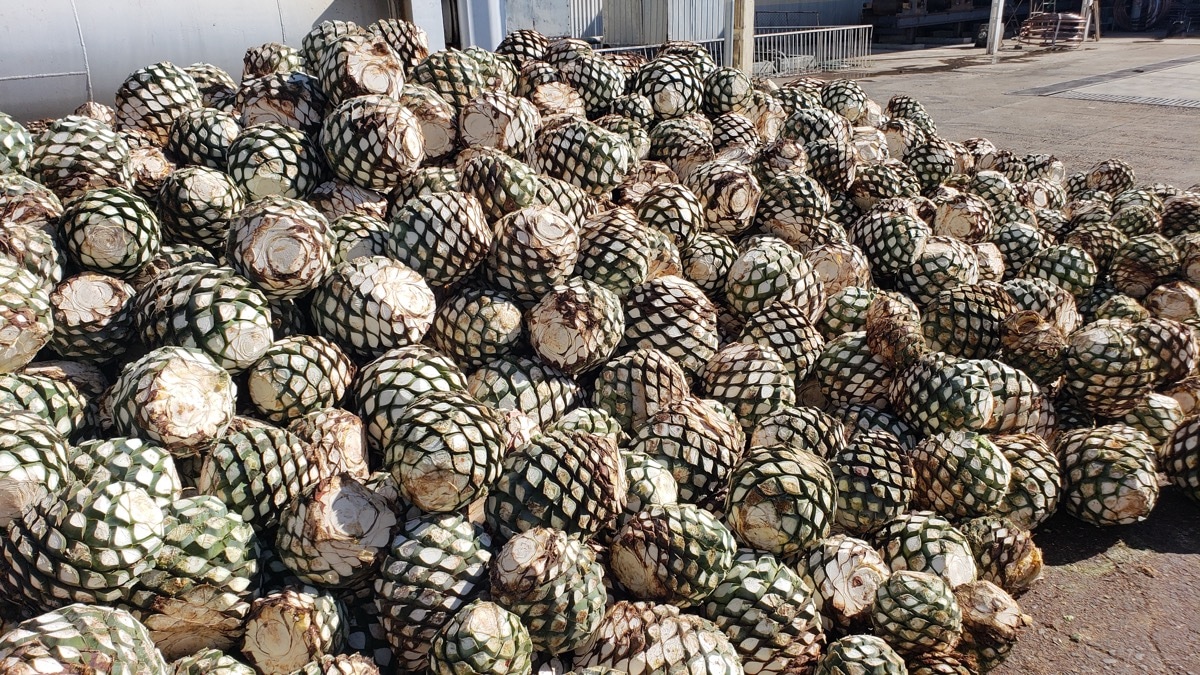Why Smooth Flavors Sell in the U.S. Market
Read Time: 5 min.
According to the Distilled Spirits Council of the United States, tequila and mezcal sales rose 17.4 percent, or $587 million, to $4.0 billion in the U.S. in 2020. That’s a lot of tequila consumed by one country. But whereas Americans’ associations with tequila used to be unforgiving hangovers, tequila has been gaining a very different reputation over the past decade.
The “Smooth” Descriptor
Today’s tequila drinkers are looking for smooth, premium tequila flavors that allow for easy sipping. But what does a “smooth” spirit entail? Let’s break down this common term to gain some clarity.
Ask any bartender and they can probably tell you that they frequently receive requests for “something smooth.” When people use this term, they generally mean that they want a milder alcohol that isn’t going to burn going down or leave an ethanol aftertaste. While “smooth” is the common description, what people mean is that they want something easy to drink.
What Is A Fine Tequila?
Connoisseurs in the spirits industry are well aware that not all beverage products are created equally. When it comes to development and production of a spirit, a host of factors go into making it a high – quality drink or not.
This request can mean different things to different people. Some consumers may have a preference for a pure tequila they can sip on, but they still want an added kick. Others may mean that they don’t want any heat whatsoever. Demand doesn’t always meet the expectations of the “smooth” trend, since production becomes based on enough volume for the masses, at the right price point. These brands can often sacrifice quality and produce a harsher finish.
The Tequila Development Process

Whether a tequila has a “smooth” finish or not isn’t decided in the production process, but rather goes all the way back to the growth and harvest of the agave. Harsh tequilas tend to be the ones with bad alcohol additives included in the commercial process, less-than-ideal terroirs where their agave is planted, or poor agave selection on the part of the maestros tequileros. These sharper tequilas might even be due to not shaving the agave pineapple correctly.
It’s important to understand why different tequilas have their flavor profiles. For example, cristalino — an añejo tequila — is perceived as a smoother flavor, but that’s only because of the extraction of natural flavors. At the moment the tequila developer takes the color out of the reposado and adds in flavors in order to build back a tequila profile, it becomes a different type of drink altogether.
A true premium tequila is smooth on its blanco version. It means the process has been executed neatly and the drink designed sharply. 100% agave tequila should always be smooth.
We Want To Hear From You
What kind of flavor profile do you want for your premium tequila brand? Let Aceves Spirits know precisely how you want your ideal consumer to describe your drink. And we’ll get to work creating it!




Latest posts